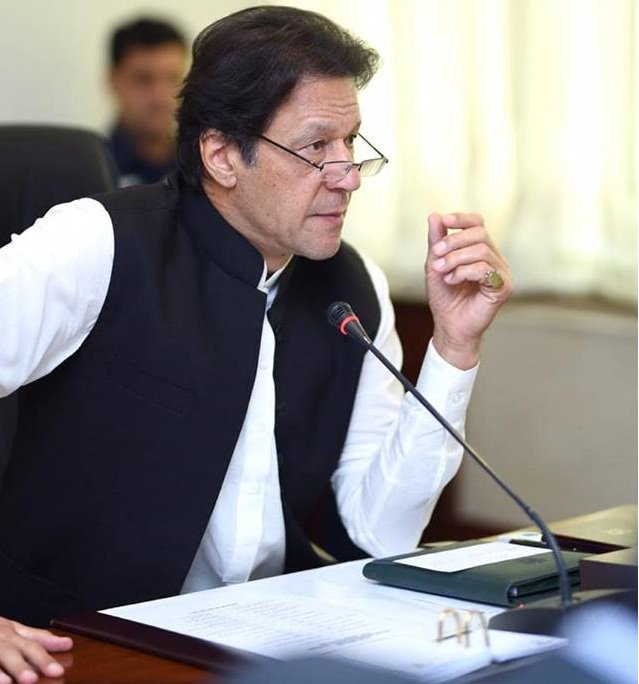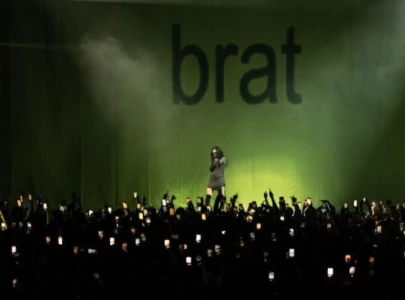
For Prime Minister Imran Khan there are two critical challenges. First is shielding Pakistan from chaos occurring in international politics that could embroil Pakistan into another long regional war. The second is more problematic and requires strengthening Pakistan’s domestic core that has the ability to withstand and absorb both global and local shocks. The two challenges require two very different skillsets and mindsets.
The PM’s handling of the first challenge of maneuvering Pakistan’s foreign policy has been very effective so far. This is because brinkmanship comes naturally to him and his ability to use digital media to shape foreign policy narratives has been exceptional. Backed by a relatively more efficient Foreign Office and military bureaucracy, he is well prepared to deliver on the global front.
However, the second challenge is where the PM will need to allocate more of his time and focus. A nation’s foreign policy is only as good as its domestic policy. And on the domestic front, there is a lot more action that is needed to stabilise the country and add layers of safety net against global political, environmental, and economic shocks. The PM has all the right intentions, but what is needed now is a very deep understanding of the shifting patterns of state and power to be able to govern chaos.
He needs to recognise that at the core of this domestic chaos are some fundamental shifts in power and authority. We are living in a post nation-state era, whereby the state as defined by the Westphalian model has ceased to exist. The pursuit of reforms needs to be adjusted to the new reality of the state that is powered by the digital technology.
This is best explained through Joseph Nye’s theory on power. Under his concept of power diffusion, power has moved away from the state actors to the non-state actors including private security firms, multinationals and individuals. Where once the state had monopoly on national narratives through state-run channels, it is the individual broadcasters on social media that are now shaping the national narrative of the country — which is why we witness so much chaos and domestic identity-based clashes. The state is no more the largest source of public service delivery. NGOs and the private sector have surpassed the state in providing some key public service needs. With crypto currency picking up pace, the future of the centralised banking and state’s monopoly on finances will diminish.
This transition in power has little to do with the performance of leadership and more to do with the exponential growth in advanced technology that has rendered the state incapable of exerting its authority. The first ones to actually feel the effects of such technology are developing countries that already have a vacuum and require reforms. At the same time the developing countries are also at an advantage because of their fluid situation, as it allows direct integration of cutting-edge technology and bypassing decades of technological evolution.
PM Imran should no longer pursue governance reforms based on the concept of the nation-state and the power of the early 20th century. Those reforms will not only be impossible to implement but also be counterproductive in the digital age adding to the chaos.
There is no single way to go about the reforms. However, the fundamental framework that defines the reform agenda must be based on sound understanding of the shifting dynamics of the state, power and authority in the 21st century digital age.
The modern states will need to be minimal states, powered by digital technology that work in tandem with institutions and individuals to strengthen the domestic core of the nation. Imran needs to be thinking and preparing for the state of the future instead of reforming a state that is only left in theory.
Published in The Express Tribune, January 29th, 2020.
Like Opinion & Editorial on Facebook, follow @ETOpEd on Twitter to receive all updates on all our daily pieces.




1719660634-1/BeFunky-collage-nicole-(1)1719660634-1-165x106.webp)







COMMENTS
Comments are moderated and generally will be posted if they are on-topic and not abusive.
For more information, please see our Comments FAQ